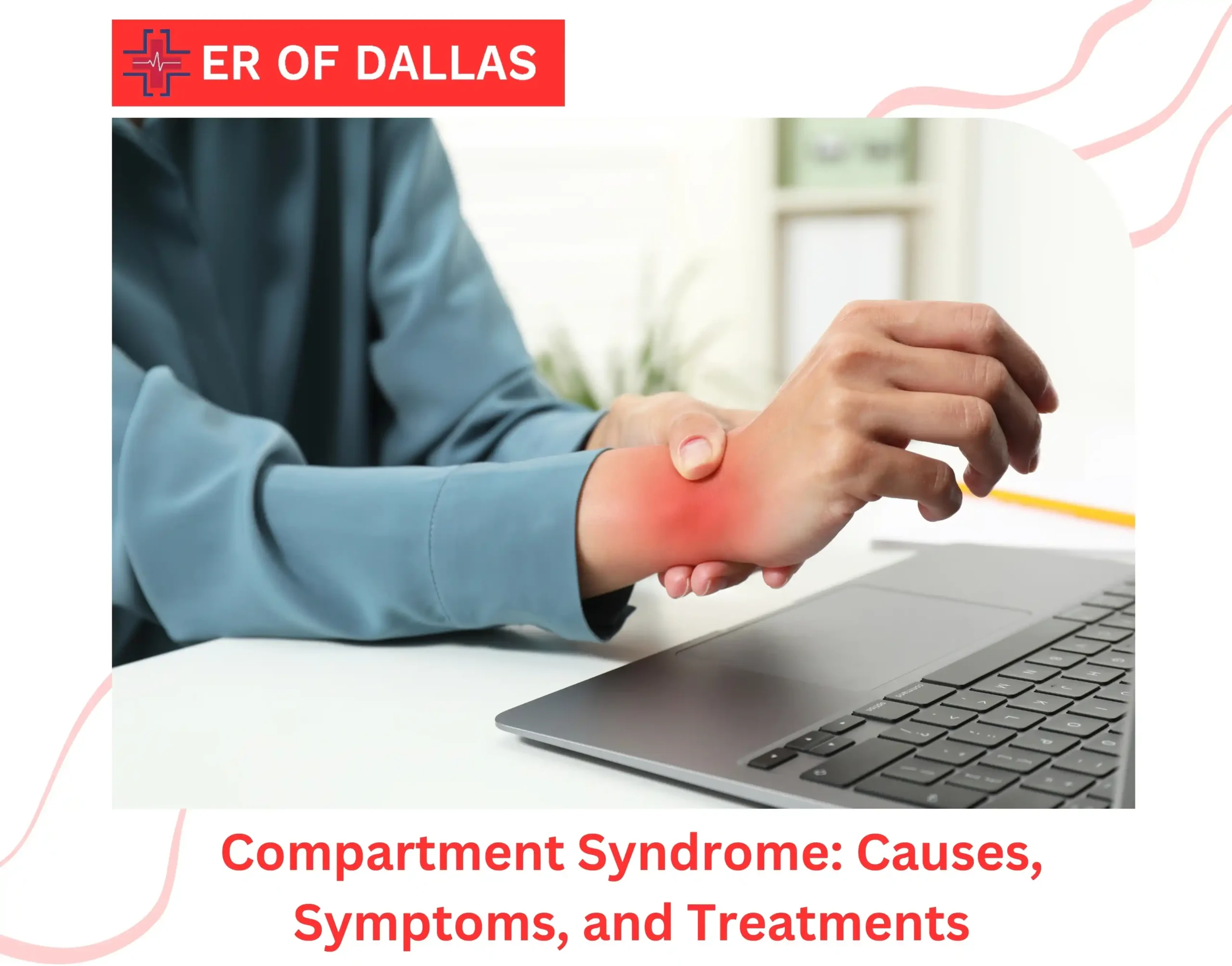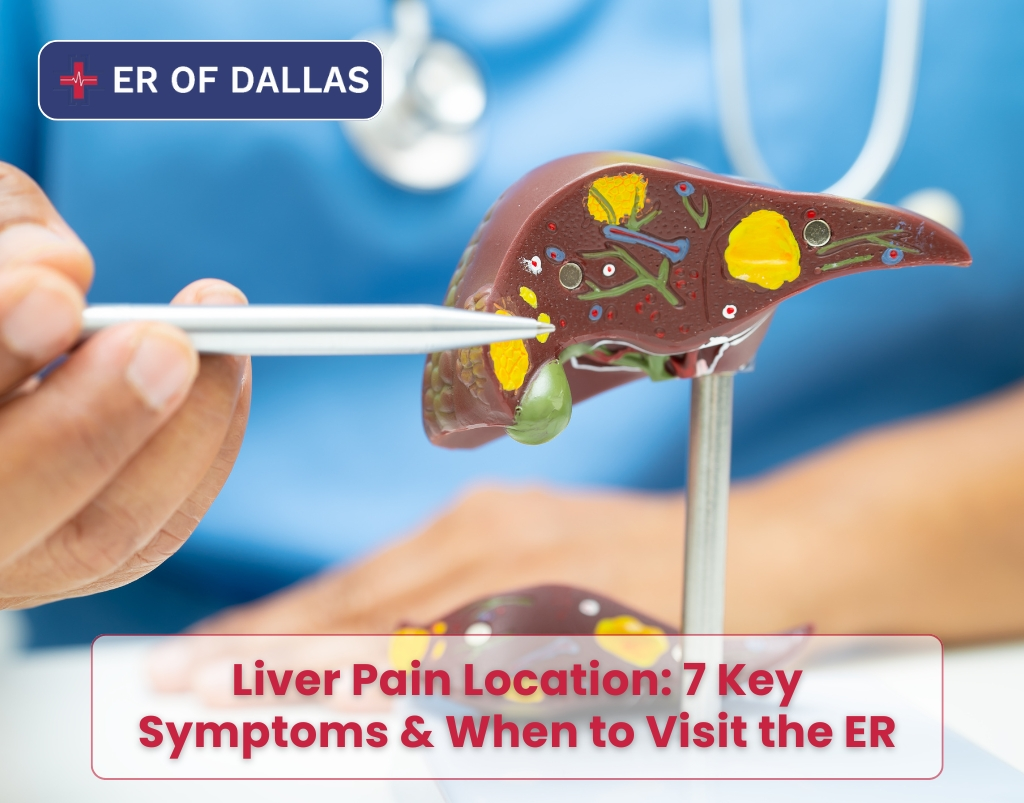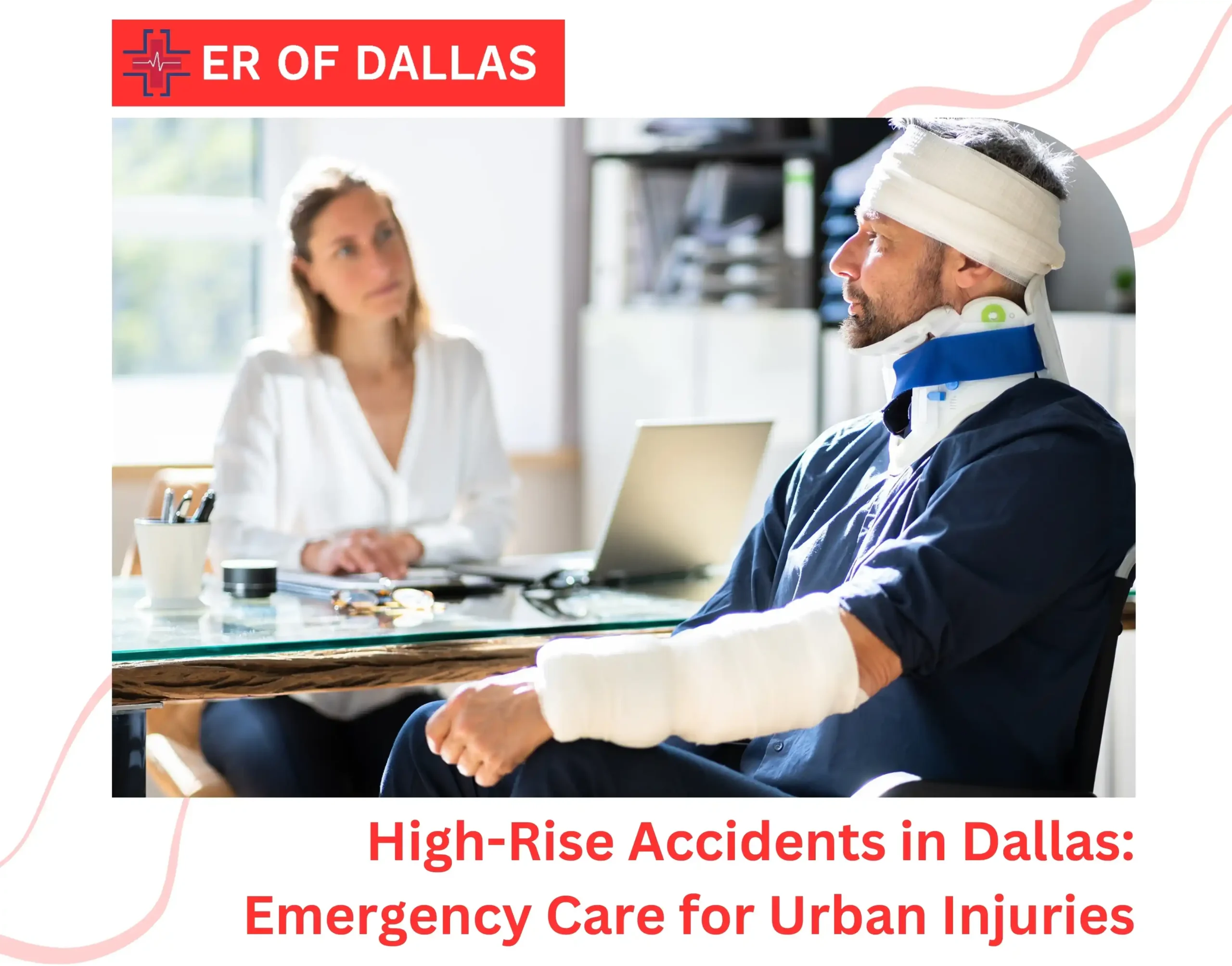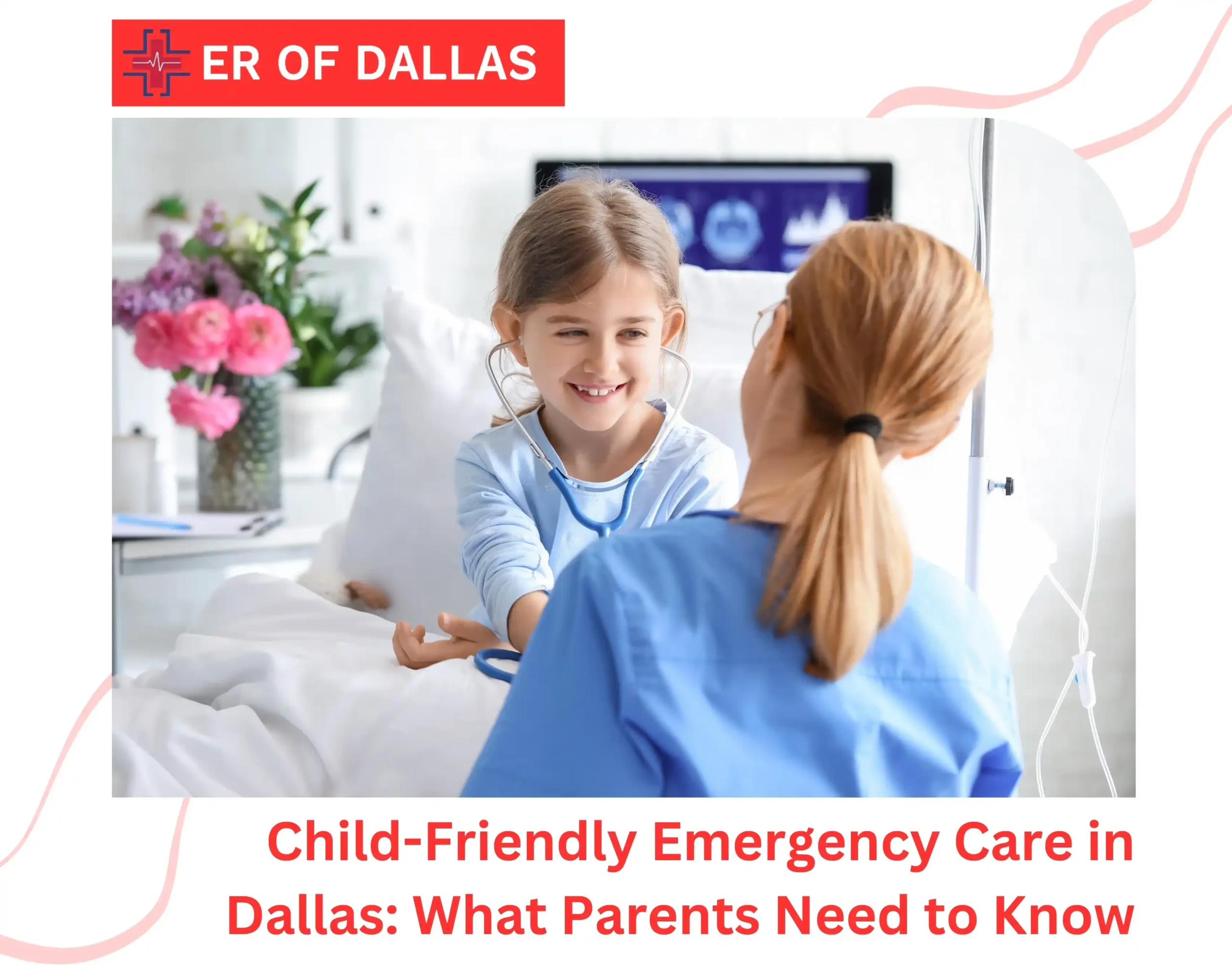Emergencies can occur unexpectedly, requiring immediate medical attention. In such situations, visiting an emergency room becomes crucial. To ensure a smooth and efficient experience, it’s important to be prepared. This article will guide you on how to prepare for an emergency room visit, providing you with practical tips and essential information to have on hand.
Understanding the Importance of Emergency Room Preparedness
When facing a medical emergency, every minute counts. Being prepared can help streamline the process and enable healthcare providers to provide prompt and effective care. By preparing in advance, you can alleviate stress and ensure that the necessary information and resources are readily available when needed.
Gathering Essential Information and Documents
Before heading to the emergency room, gather important information and documents that will aid the medical staff in providing appropriate care.
Personal Identification and Insurance Information
Carry your identification documents, such as a driver’s license or passport, along with your health insurance card. These items will facilitate the registration process and ensure that you receive the necessary medical attention without unnecessary delays.
Medical History and Current Medications
Prepare a summary of your medical history, including any chronic conditions, previous surgeries, allergies, and current medications. This information will assist the healthcare providers in understanding your health background and making informed decisions regarding your treatment.
Allergies and Previous Adverse Reactions
Make a note of any known allergies and previous adverse reactions to medications, foods, or other substances. This information is crucial in preventing potential allergic reactions during your emergency room visit.
Creating an Emergency Contact List
Compile a list of emergency contacts, including the names and phone numbers of family members, friends, or neighbors who should be contacted in case of an emergency. Ensure that this list is easily accessible, either saved in your phone or carried in your wallet or purse.
Assembling a Basic First Aid Kit
Having a basic first aid kit at home can be helpful in managing minor injuries or illnesses before reaching the emergency room. Include items such as bandages, antiseptic ointment, pain relievers, and any specific medications prescribed by your doctor for emergencies.
Knowing When to Visit the Emergency Room
It’s important to understand the difference between urgent care needs and true emergencies. Generally, emergency room visits are warranted for severe injuries, persistent chest pain, difficulty breathing, severe bleeding, suspected broken bones, loss of consciousness, and symptoms of a stroke or heart attack. When in doubt, always err on the side of caution and seek emergency care.
Arranging Transportation in Advance
In case of an emergency, it’s crucial to have a plan for transportation to the emergency room. If you are unable to drive yourself, make arrangements with a family member, friend, or taxi service in advance. This will ensure timely arrival at the emergency room without unnecessary delays.
Bringing Essential Comfort Items
During an emergency room visit, it’s important to prioritize your comfort and well-being. Consider bringing essential comfort items such as a sweater or blanket, a book or magazine to pass the time, and snacks or water if allowed. These items can help you stay calm and comfortable during your wait and subsequent treatment.
Conclusion
Preparing for an emergency room visit is essential to ensure prompt and effective medical care. By gathering important information, creating an emergency contact list, assembling a basic first aid kit, and knowing when to seek emergency care, you can be better equipped to handle unexpected medical situations. Remember, always prioritize your safety and well-being by seeking immediate medical attention when faced with a potentially life-threatening situation.
FAQs (Frequently Asked Questions)
Is it necessary to bring a list of current medications to the emergency room?
Yes, bringing a list of your current medications, including dosage instructions, is crucial. It helps the healthcare providers understand your medical history and provide appropriate care.
Can I visit any emergency room, or should I go to a specific one?
In general, you can visit any emergency room for immediate medical attention. However, certain insurance plans or healthcare networks may have preferred or in-network emergency rooms. Check with your insurance provider or refer to your policy for guidance.
What if I don’t have health insurance? Can I still receive care at the emergency room?
Emergency rooms are legally obligated to provide care regardless of insurance status or ability to pay. However, it’s important to note that medical services received may result in significant bills. Some hospitals offer financial assistance programs or payment plans, so inquire about such options if you’re uninsured.
Should I call ahead before going to the emergency room?
In most cases, it is not necessary to call ahead before visiting the emergency room. However, if you are unsure about the severity of your condition or need immediate guidance, you can contact a healthcare professional or a nurse hotline for advice.
Can I bring a family member or friend with me to the emergency room?
Having a family member or friend accompany you to the emergency room can provide emotional support and help communicate vital information to the medical staff. However, it’s essential to consider the facility’s policies, as there may be restrictions due to privacy or capacity concerns.
What should I do if the emergency room is crowded or has a long wait time?
If you arrive at the emergency room and find it crowded or with a long wait time, it’s important to remain patient. Emergency rooms prioritize patients based on the severity of their conditions. If your condition worsens while waiting, inform the medical staff immediately.
Can I bring my child to the emergency room alone?
It is advisable to have an adult accompany a child to the emergency room, especially if the child is young or unable to communicate their symptoms effectively. Having an adult present ensures proper communication and support for the child during the visit.
Should I eat or drink anything before going to the emergency room?
If your condition allows it and you are not experiencing any specific restrictions, it is generally advisable to eat or drink something light before going to the emergency room. However, if you suspect a need for surgery or certain diagnostic tests, follow any fasting instructions provided by medical professionals.
What if I cannot provide all the necessary information during the emergency room visit?
If you are unable to provide certain information during the emergency room visit, do not worry. The medical staff will do their best to gather the necessary details from you or seek alternative sources, such as contacting your primary care physician or accessing electronic medical records if available.
Can I request a copy of my medical records after the emergency room visit?
Yes, you have the right to request a copy of your medical records after your emergency room visit. Each facility may have its own process for obtaining medical records, so inquire about the specific steps to follow. It can be helpful to have a copy for future reference or when coordinating care with other healthcare providers.
Remember, if you have a medical emergency, always call your local emergency services or go to the nearest emergency room immediately.










